Citation
Giroux, Jennifer; Nwankpa, Michael. A Vicious Cycle: The Growth of Terrorism and Counterterrorism in Nigeria, 1999-2016
. Non-Western Responses to Terrorism, edited by Boyle, Michael, 410-432. Manchester, UK: Manchester University Press, 2020.
Findings
While Boko Haram has often dominated discussions of terrorism in Nigeria, such analyses provide a limited view and understanding of terrorism in Nigeria. Indeed, since the 1990s, as stated in the inferred hypothesis, terrorism has been part of various violent conflicts that cut across the country, with weak policing and legal authority, combined with heavy-handed military responses, actually serving as major drivers of violence. This chapter details the evolution of terrorism and CT during the 1999-2006 period, focusing on both the Boko Haram conflict in the northeast of Nigeria and the violence (including terrorist tactics) of various non-state armed groups in the Niger Delta, in the south of Nigeria. The Nigerian military has consistently responded to violent challenges through the heavy handed deployment of military force. The Nigeria states has also adopted laws to criminalize terrorism, detailed in the chapter.
The authors also argue that international, particularly US, counterterrorism initiatives and programs have played a role in Nigeria, but rendered little return in the form of an improved security environment. The analysis is divided into four key phases or, rather, waves of violence. The first and second phases (1999-2001 and 2002-5) examine the societal impact of Nigeria's transformation from military to democratic rule, the violence that characterized this period and how the Global War on Terror that emerged following 2001 began to impact the country. Following this, the chapter delves into the third phase (2005-9), where it places a spotlight on the escalation of violence in the NIger Delta and reveals the role that terrorism played both in the insurgency and in police debates. Finally, in the fourth phase (2009-16), it shows how terrorism has not only become a defining tactic of violence used in the northeast and Middle Belt regions, but also reached the level of daily discourse - one in which terrorism has become a blanket term for various expressions of violence.
Tags
Lever of Power: Diplomatic Lever of Power: Military Lever of Power: Law Enforcement Lever of Power: Development Method: Qualitative Geoscope: Single country UN Region: Western Africa DOD Region: AFRICOM Country: Nigeria Type: Book Chapter Year: 2020
Research Background
- Research questions
- Why and how has terrorism and counterterrorism practices changed over time in Nigeria, particularly from 1996-2006? (inferred)
- Hypotheses
- Increases in domestic terrorism in Nigeria are connected to a broader story of violence that cuts across the country, with weak policing and legal authority, combined with heavy-handed military responses, actually serving as major drivers of violence. (inferred)
- International, and particularly American, counterterrorism initiatives and programs have played a role in Nigeria, but done little to improve the security environment. (inferred)
Variables or Concepts
- Independent variables & concepts
- Weak policing and legal authority (inferred)
- Heavy-handed Nigerian military action (inferred)
- International, particularly American, counterterrorism initiatives (inferred)
- Dependent variables & concepts
- Domestic terrorism in Nigeria (inferred)
Methodologies
- Qualitative method description
- Case study of terrorism in Nigeria over the 1999-2016 period based on secondary sources
Time Frame
- Start: 1999
- End: 2016
